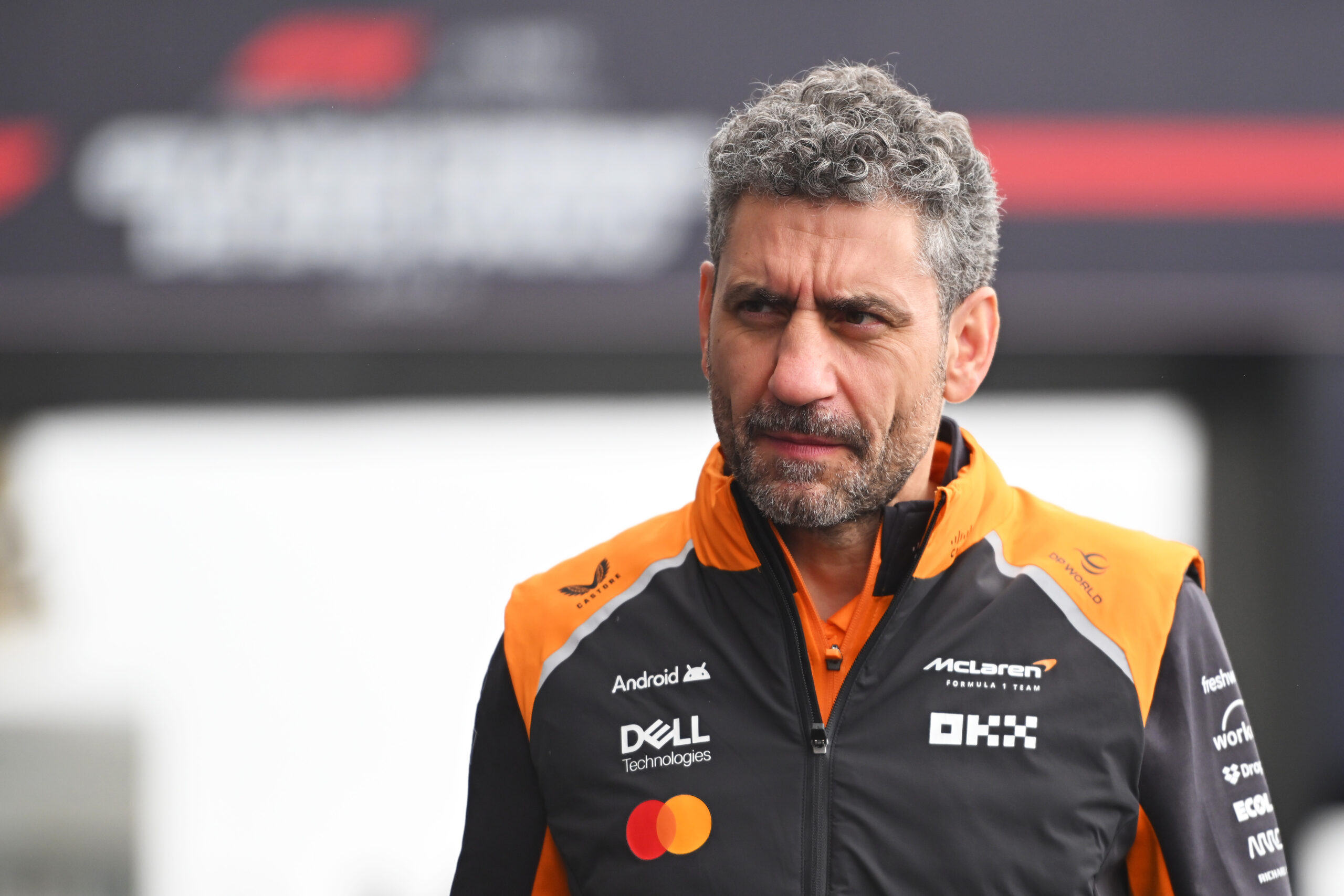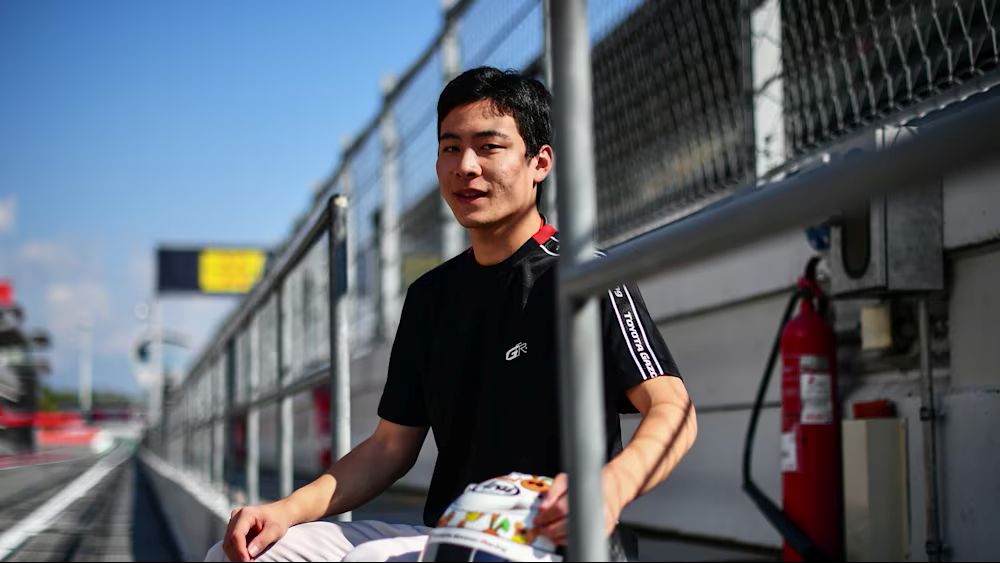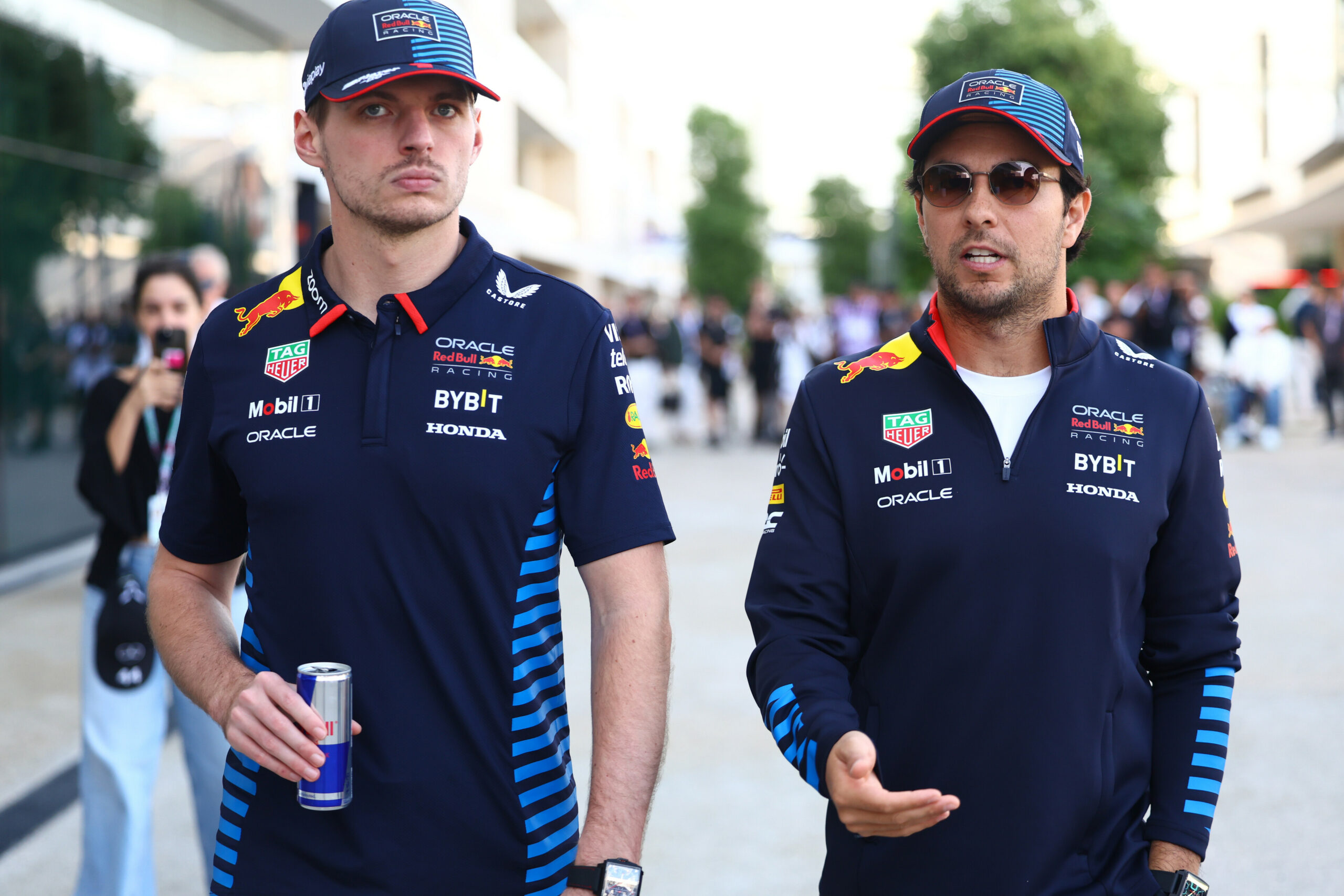In a recent episode of F1 Beyond the Grid podcast, Andrea Stella reflected on his journey, offering insights into how leadership evolves under the intensity of Formula 1 and how he guides decisions today at McLaren.
Learning from Ferrari’s Golden Era
When Andrea Stella joined Ferrari in 2000 as an engineer, he stepped into one of the most influential periods in Formula 1 history. Stella describes that era not just as work experience, but as valuable education, emphasising that he felt very privileged to begin his career with the team.
“You know, I’ve been very privileged because I joined Ferrari in 2000, when the team was starting the dominance, that I think it changed Formula One. It added one more level to the standards that you should establish to actually be successful, and be successful in a way that can be perpetuated over time.“
He put extreme emphasis on how much learning came directly from the environment around him, which includes some of the respected names in motorsport history. This mindset also became a cornerstone of his growth.
“And I’ve been able to collaborate with people from whom I have learned a lot. And I think if there’s a characteristic that I’ve always tried to pay attention to in my own personal development, is learn from the people that you work with, learn from the people that you interact with.
“It’s such a better way, faster way, of becoming every day a better version of yourself.”
Mentors along the way
The individuals he worked alongside at Ferrari in F1 provided lessons that continue to influence Stella’s leadership at McLaren today. He further explained that these experiences contributed to their transformation process.
“And if I think working with Jean Todt, Luca di Montezemolo, Ross Brawn, Rory Byrne, Stefano Domenicali, Michael Schumacher, there’s so much that you can absorb to become a better version of yourself. So that’s what I’m carrying over my career, and definitely has been very beneficial coming to McLaren and being involved in a process of transformation.”
Adding onto his leadership lessons, he believes that leadership requires clarity and simplicity, especially in times of change. Communication is something that he also learnt was of high value while being with Ferrari.
“And in processes of transformation, or even in the process of leading from a team principle point of view, it’s very important that you have simple, clear ideas about what is important.
“And I think understanding what is important in a simple way, in a clear way, in a way that you can actually communicate to everyone else, because you go nowhere alone, you need to carry 1000 people with you. I think that’s coming from this school that I’ve been privileged to be part of when I was at Ferrari.“
Why he said no the first time to McLaren’s job offer
Back in 2018, CEO Zak Brown offered Stella the Team Principal role at McLaren, but he didn’t accept it immediately and actually turned it down.
When asked why, he explained, “In 2018, I think my focus, based on the conversation I had at McLaren, should have been diverted to the technical aspect, and like resolving the performance difficulties that we were having.”
Instead of taking on the role of Team Principal, Stella took on the role of performance director, with a higher focus on technical and operational challenges the team was facing at the time.
“And in fact, at the time I became performance director. I think we needed to stay focused and relatively limited in the area of influence, because there was a significant amount of insights that I needed to gain. And when you are a team principal, necessarily you need to navigate at a slightly higher level, less detailed.“
He chose to take on the Performance Director role instead of Team Principal not out of ambition, but out of a sense of responsibility, recognising that McLaren’s situation in 2018 required focused attention to prevent the team from continuing down a negative spiral.
“But at the time we were in such a negative spiral that we needed to go into every level of detail to understand why a talented group of people is not in condition to perform. So I think I felt at the time that was the right role for me.”
A leadership style defined by clarity and humility
Stella’s transition into McLaren’s team principal role unfolded quietly and deliberately, without fanfare or self-promotion. He added that he recognises his privilege to work in such an environment and strives to do whatever the team needs to succeed.
“And I’m not a kind of a career-led person. I’m more like what’s needed for the business. I know I’m going to get passionate about what I do anyhow, because I’m already privileged enough to be in this environment, which I enjoy independent of the angle I come from. So that was the right thing to do at the time in 2018.”
His approach highlights exactly why Stella’s leadership at McLaren is now a defining era in F1, where he was able to spend years learning at Ferrari from influential people, and applying this to McLaren today.





